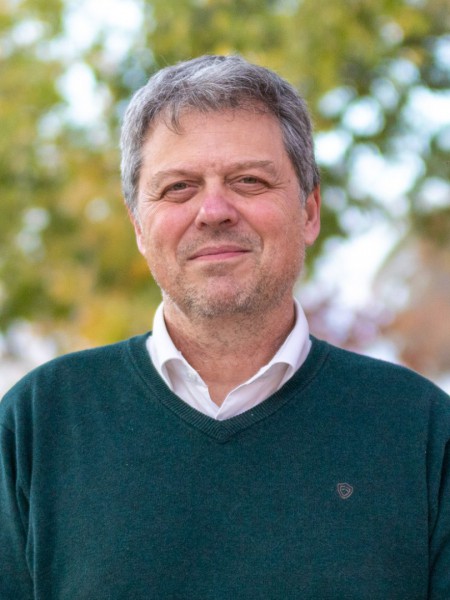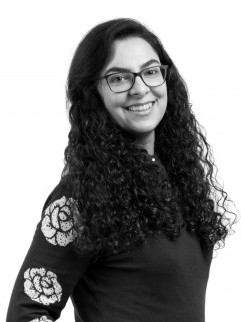resumo
It is essential to design a multifunctional well-controlled platform to transfer mechanical cues to the cells in different magnitudes. This study introduces a platform, a miniaturized bioreactor, which enables to study the effect of shear stress in microsized compartmentalized structures. In this system, the well-established cell encapsulation system of liquefied capsules (LCs) is used as microbioreactors in which the encapsulated cells are exposed to variable core viscosities to experience different mechanical forces under a 3D dynamic culture. The LC technology is joined with electrospraying to produce such microbioreactors at high rates, thus allowing the application of microcapsules for high-throughput screening. Using this platform for osteogenic differentiation as an example, shows that microbioreactors with higher core viscosity which produce higher shear stress lead to significantly higher osteogenic characteristics. Moreover, in this system the forces experienced by cells in each LC are simulated by computational modeling. The maximum wall shear stress applied to the cells inside the bioreactor with low, and high core viscosity environment is estimated to be 297 and 1367 mPa, respectively, for the experimental setup employed. This work outlines the potential of LC microbioreactors as a reliable in vitro customizable platform with a wide range of applications.
palavras-chave
MARROW STROMAL CELLS; OSTEOGENIC DIFFERENTIATION; STEM-CELLS; FLUID; BONE; STRESS; OSTEOPONTIN; EXPRESSION; BEHAVIOR; CUES
categoria
Chemistry; Science & Technology - Other Topics; Materials Science
autores
Ghasemzadeh-Hasankolaei, M; Miranda, JM; Correia, CR; Mano, JF
nossos autores
Projectos
CICECO - Aveiro Institute of Materials (UIDB/50011/2020)
CICECO - Aveiro Institute of Materials (UIDP/50011/2020)
Associated Laboratory CICECO-Aveiro Institute of Materials (LA/P/0006/2020)
agradecimentos
The authors acknowledge the financial support of the doctoral grant (SFRH/BD/147418/2019), the FCT projects CIRCUS (PTDC/BTM-MAT/31064/2017), and TETRISSUE (PTDC/BTM-MAT/3201/2020), the European Research Council REBORN (ERC-2021-AdG883370), the LA/P/0045/2020 (ALiCE ), UIDB/00532/2020 and UIDP/00532/2020 (CEFT), funded by national funds through FCT/MCTES (PIDDAC) and the project CICECO-Aveiro Institute of Materials, UIDB/50011/2020, UIDP/50011/2020, and LA/P/0006/2020, financed by national funds through the FCT/MCTES (PIDDAC). Dr. Tiago R. Correia is acknowledged for his support in confocal image acquisition. Dr. Sonia G. Patricio is acknowledged for providing FITC conjugated alginate.



